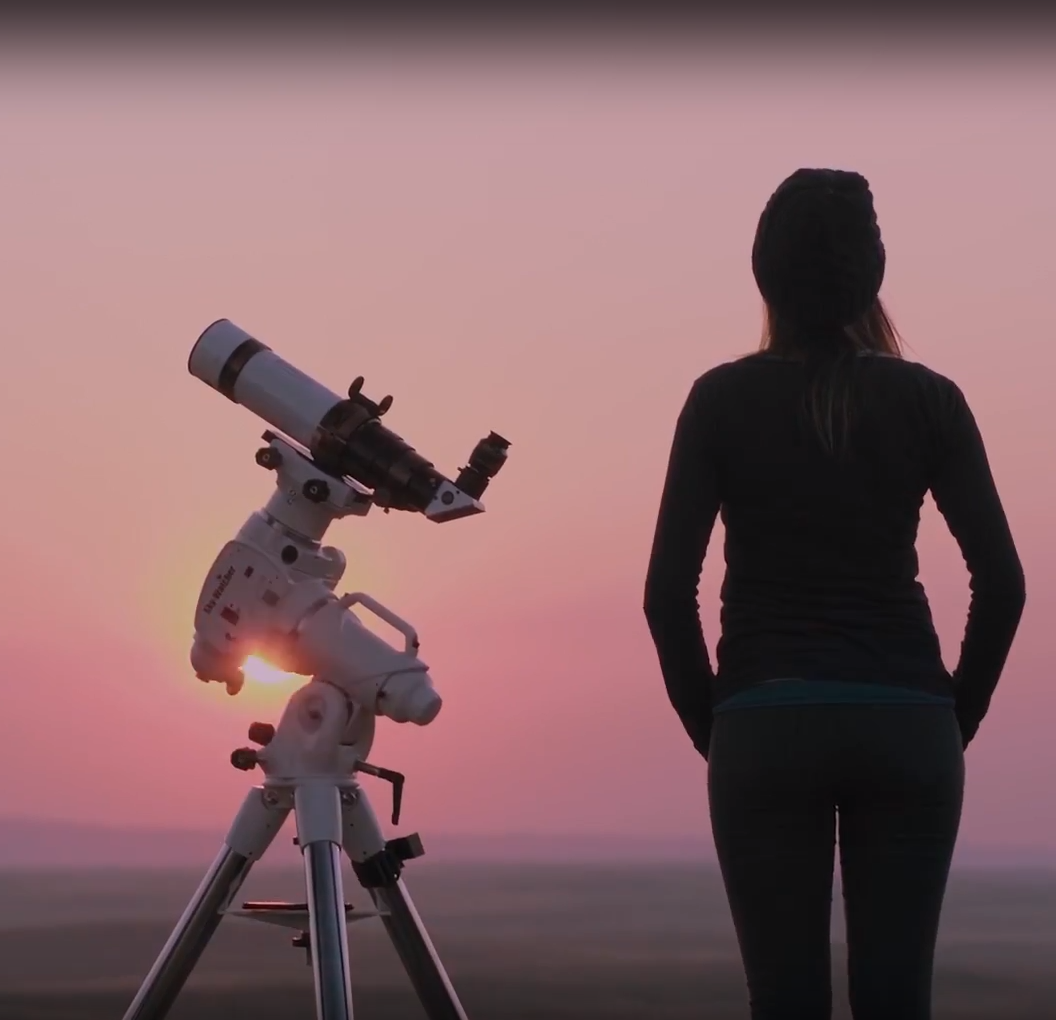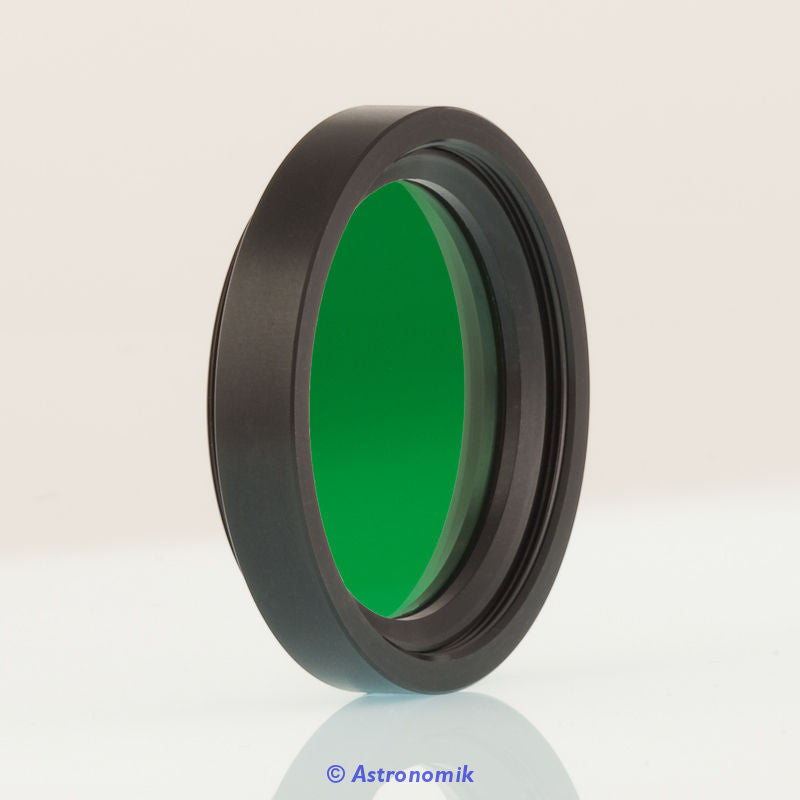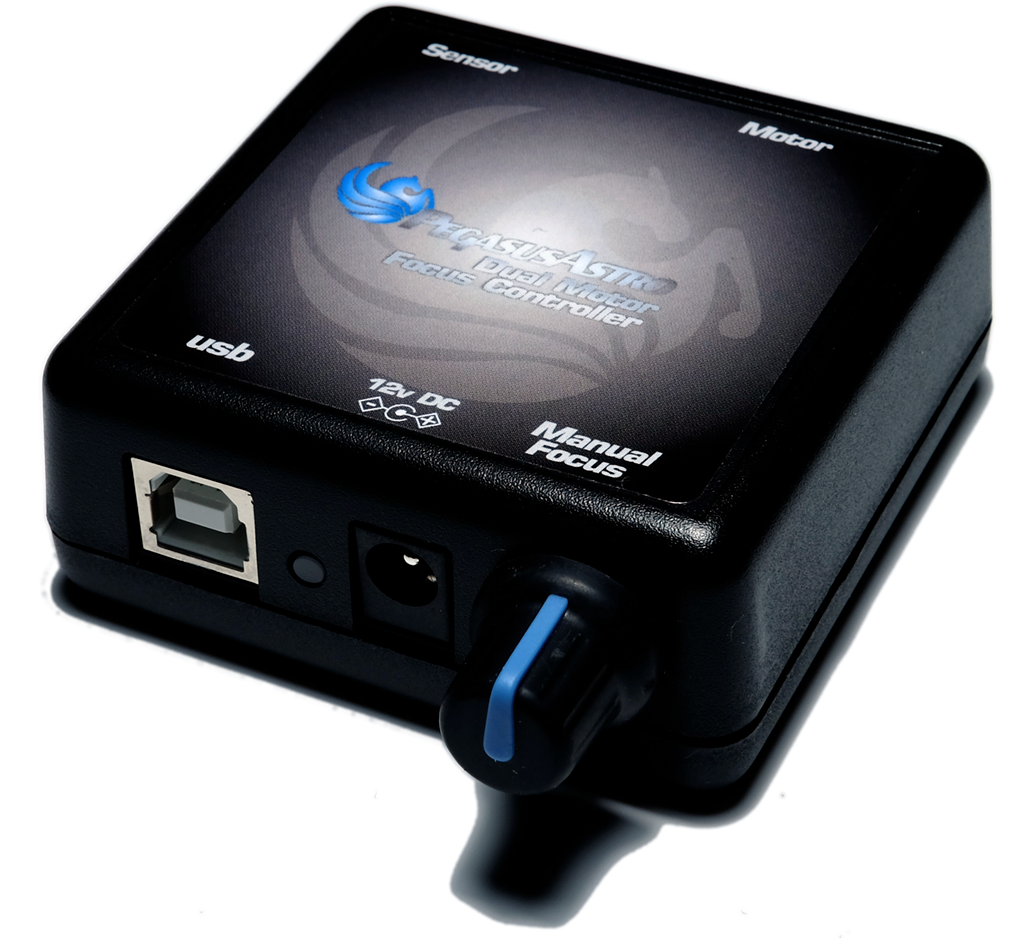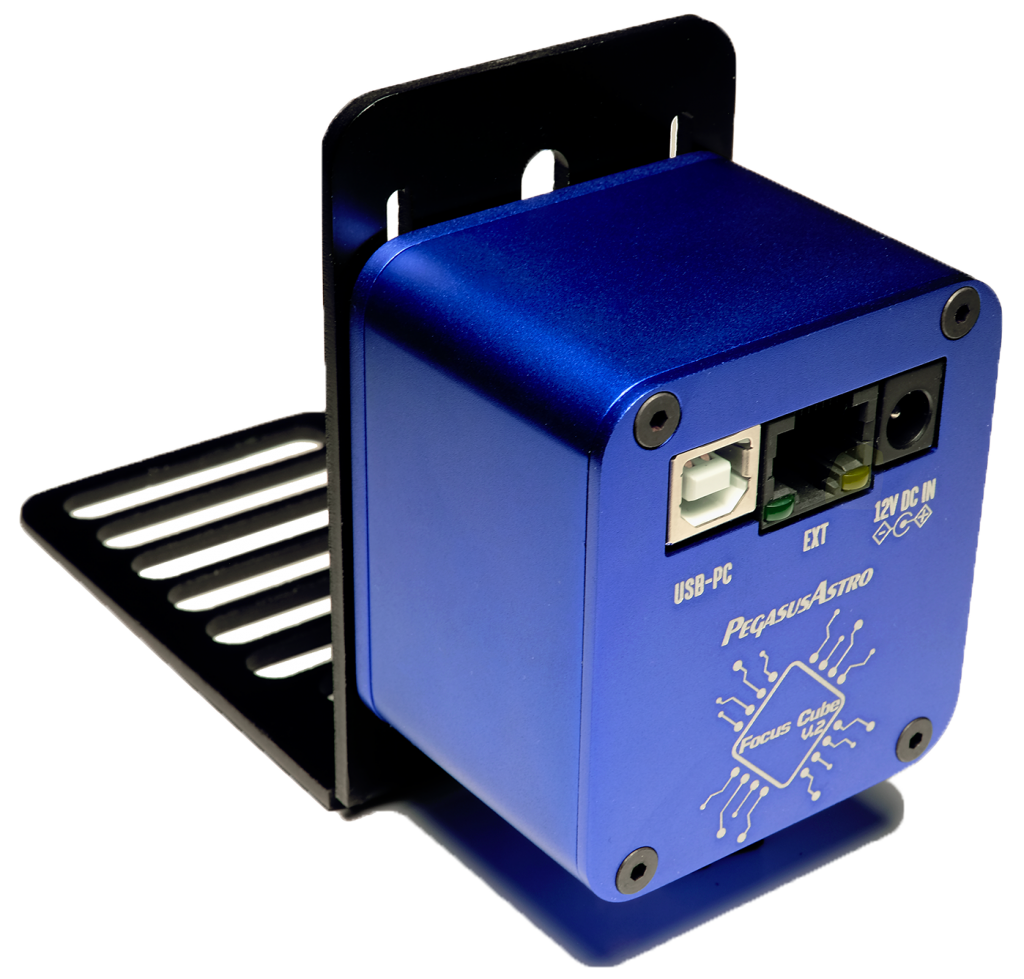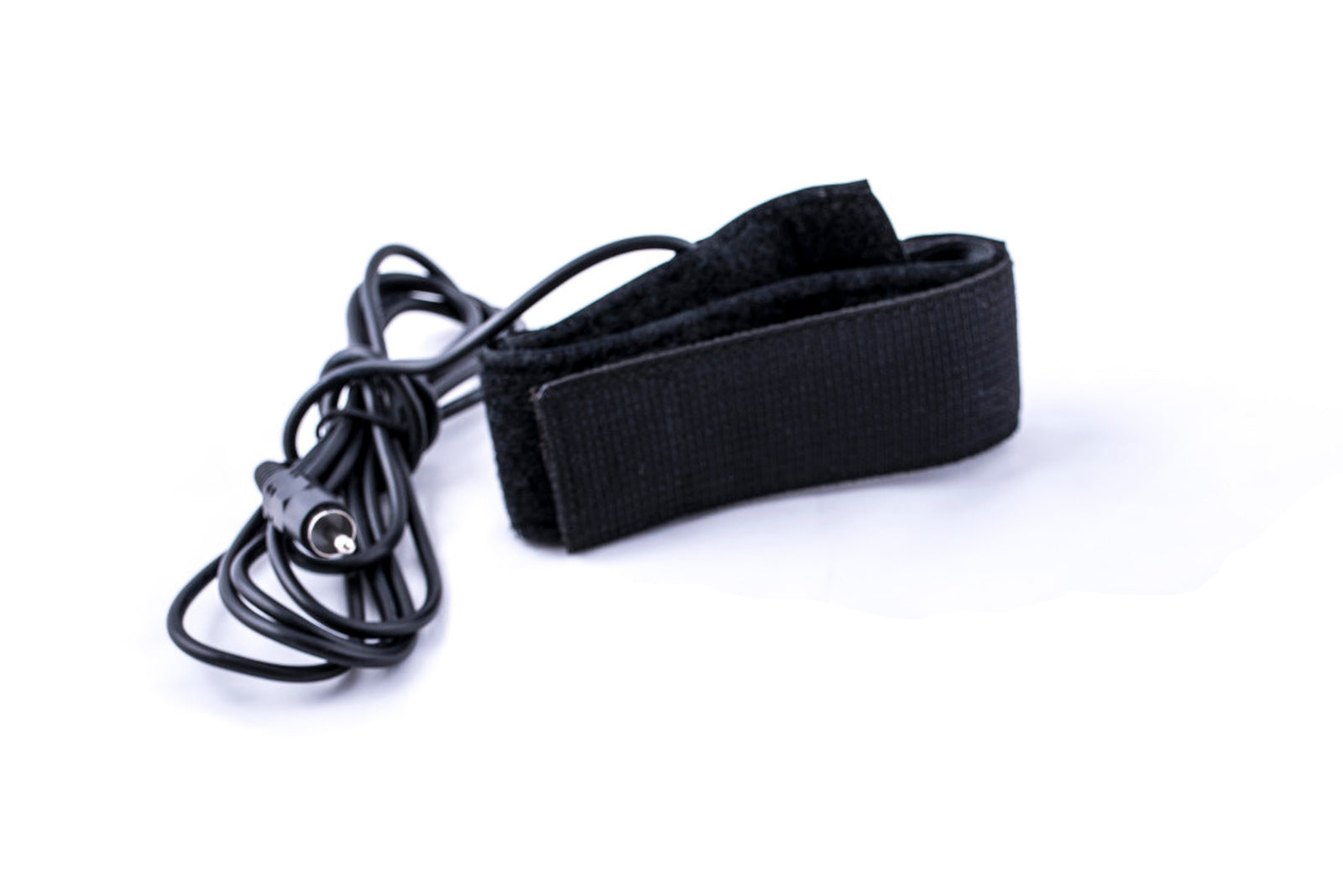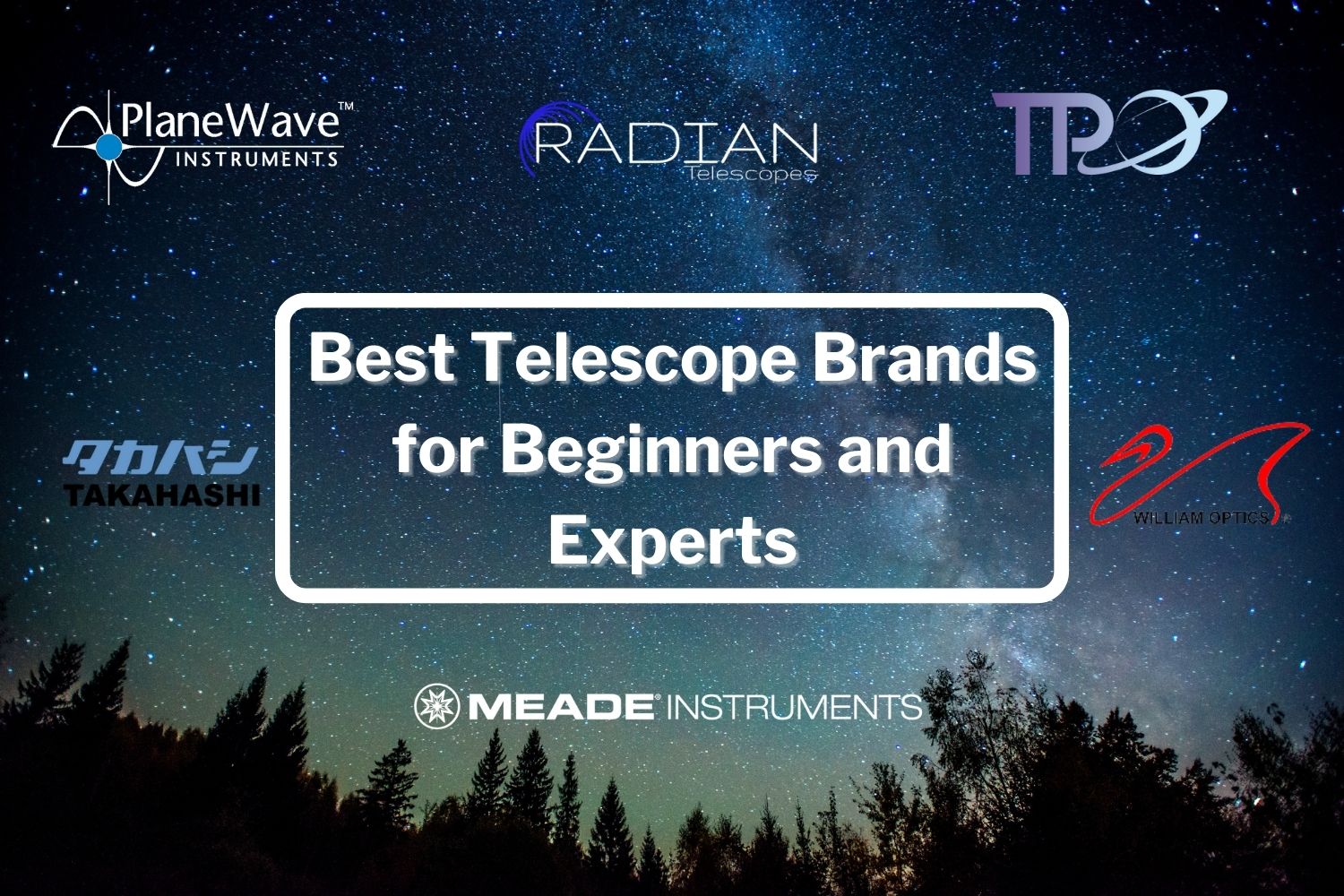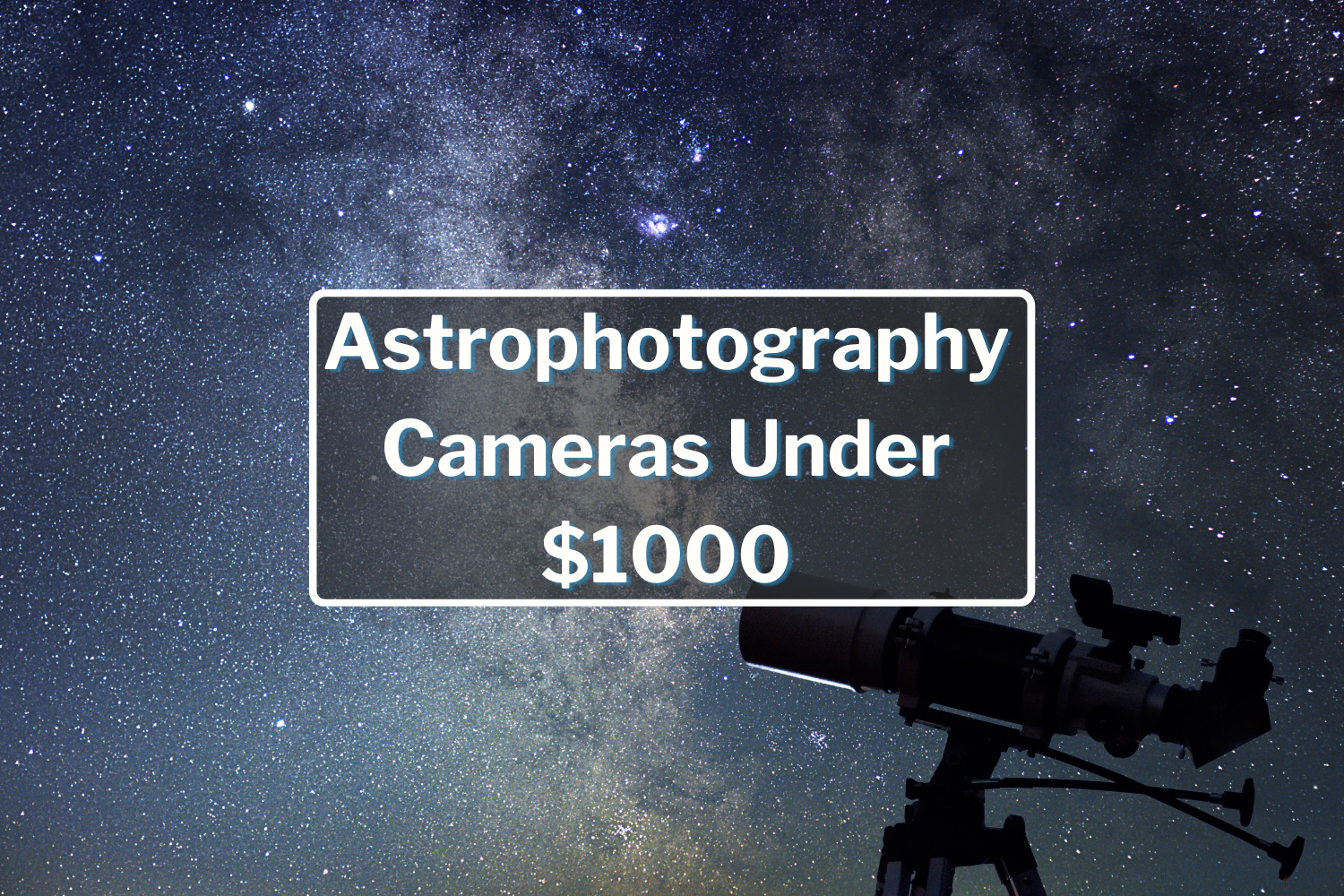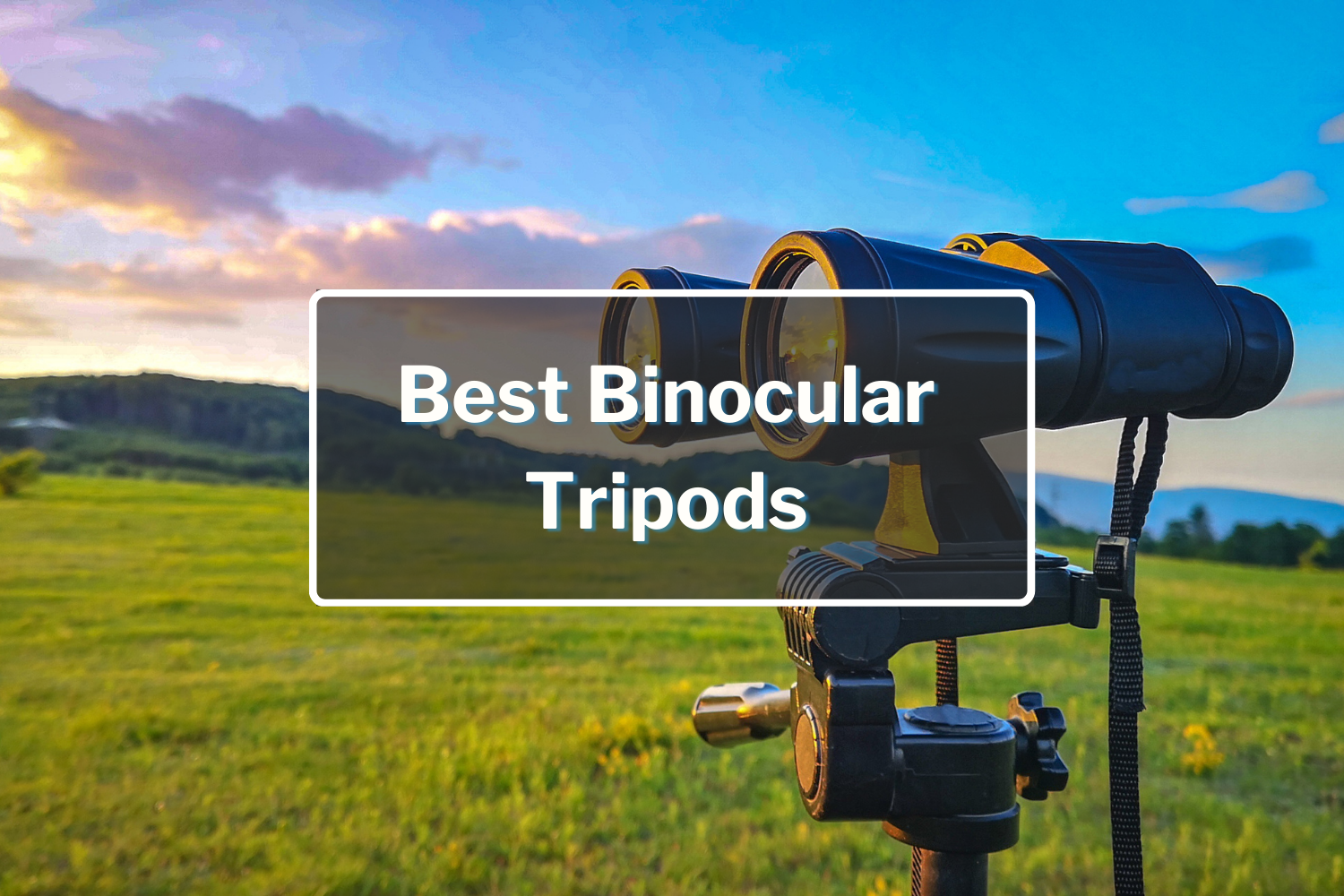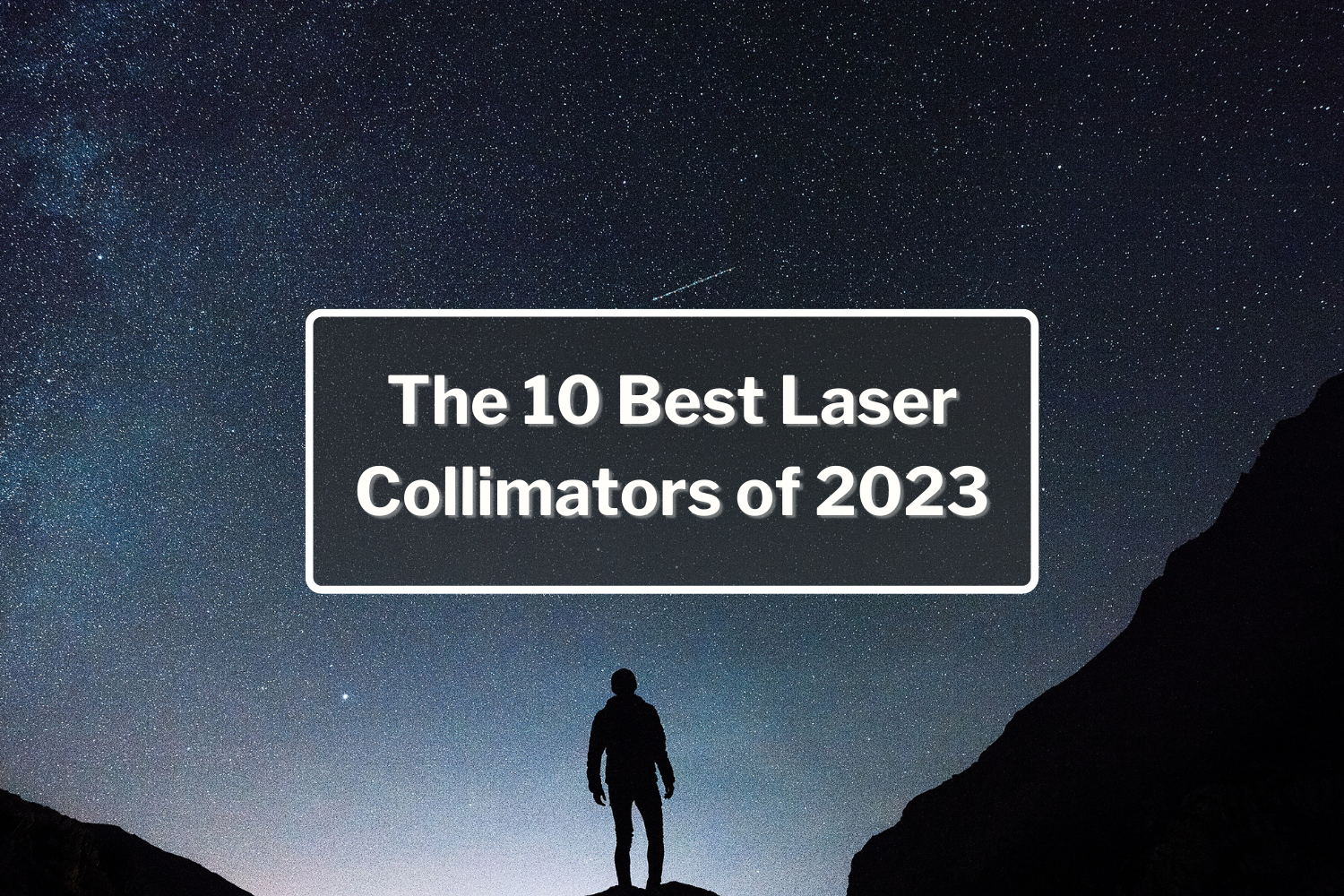Guide: The Best Telescopes for Kids and Beginners
It’s never too early (or late) to start exploring the wonders of the night sky. But it’s easy to forget that not every new astronomer knows exactly where to start. The good news is that there are many amazing telescopes for anyone just starting in astronomy — and whether you’re looking to buy the first telescope for yourself or another adult or to find one for a child, this guide will help you make the best choice for anyone new to the world of astronomy.
Here’s our list of the best telescopes for kids of all ages (and adult beginners, too), with an option for every budget.
What to look for when buying a telescope for kids
When you’re buying a telescope for kids, it’s important to keep in mind your child’s age and interest level. Kids as young as three can operate a basic telescope with adult help, while older children can handle the computerized features of more advanced models.
There are three basic types of telescopes — refractors, reflectors, and catadioptric telescopes. Refractor telescopes use lenses, reflector telescopes use mirrors, and catadioptric, or compound, telescopes use both. A refracting telescope may be the best choice for new and intermediate beginners of any age.
Refractors utilize specially designed lenses to focus the light into an image. Most refractors are small, making them the perfect travel scope. Unlike reflectors, the images viewed through a refractor will be right-side up.
Since the lenses for this type are locked in place, they are very durable and require little maintenance. Smaller models also tend to be inexpensive, and while the price of refractors can grow quickly as you get into the larger models, most casual beginners will do just fine with the smaller ones.
The Best Telescopes for Young Children
For young children and those who just want to see various solar system objects, a small refractor of three to four inches or less in diameter might be perfect. These instruments are large enough to provide a clear view of planets and moons but small enough to be taken along on a nighttime outing.
A tabletop Dobsonian of similar size can work equally as well. But if you choose a reflector rather than a refracting telescope, be sure to collimate it regularly. Collimation is the alignment of the internal mirrors, and that’s essential for precision viewing. The views seen through the eyepiece of a reflecting telescope like the Dobsonian will appear upside down. That may be confusing for some beginners, but it’s just a byproduct of how reflectors work, and It’s perfectly normal.
The Best Telescopes for Intermediate Beginners
A midsize refracting telescope could be a great fit for an adult or child who is more serious about astronomy. Mid to large aperture telescopes are a great value, and they make an excellent choice for beginners who are just starting in the hobby but want to see a lot. Mid-range refractors can help new beginners advance their knowledge and expand their viewing options without a major financial investment.
The Best Telescopes for the Advanced Beginners
For the dedicated beginner astronomer of any age who’s looking for ways to see farther and learn more, you may want to consider a compound scope of around four to eight inches in diameter. These compact designs are durable, easy to store, and easy to transport, and they pack a lot of power into a very small package on top of their optical quality. But this type of telescope does represent a bit more financial investment.
Some telescopes in this size and price range have variants with go-to and tracking options. The go-to feature allows a telescope to automatically move to objects in the sky with just the press of a button while tracking lets a telescope follow along with an object in the sky as the Earth rotates.
The Best Telescopes for Kids

Universal Astro 70mm Refractor Travel Telescope - $85.95
The Universal Astro 70mm Refractor Travel Telescope lets kids and adults enjoy viewing not only the Moon, planets, and other celestial objects but also nature here on Earth. With a 70mm aperture and a light-gathering power of 100x, this budget-friendly beginner telescope comes with everything you need to start viewing right away, including a tripod and universal phone adapter with a Bluetooth remote.
Pros:
- Low price
- Easy to use
- All in one kit
Cons:
- Cellphone holder makes it hard to focus the telescope

Skywatcher Heritage 130 Tabletop Dobsonian - $275
This tabletop Dobsonian telescope makes a good starter scope for kids and adult beginners, but it also delivers quality and portability for more advanced users. This lightweight telescope has a focal length of 650mm with a 5-inch aperture for clear, bright images, and at just 14 pounds, it’s easy to transport to your favorite viewing spot.
Pros:
- Easy to use
- Portable
- Clear view of planets and objects in the night sky

Celestron Cometron FirstScope 76 Telescope - $64.95
With a 76mm aperture and a focal length of 300mm, this inexpensive Newtonian reflector telescope offers clear viewing of moons and planets in a lightweight, easy-to-use kit. The Celestron Cometron Firstscope has a Dobsonian-style tabletop base and Akt-Azimuth one-arm mount, and at just 4.3 pounds, it’s easy to pack for travel.
Pros:
- Easy to use
- Portable and easy to carry

Celestron Travel Scope 70 Portable Telescope with Backpack $109.95
The Celestron Travel Scope 70 was designed with portability in mind. Weighing just 3.3 pounds, this refracting telescope delivers clear images of both celestial objects and daytime nature views. The kit comes with two eyepieces, a 5x24 finderscope, and a full-size photographic tripod, and it all fits inside a custom backpack.
Pros:
- Easy to use
- Has its own travel backpack for easy transport
Cons:
- Tripod is prone to vibration

Unistellar eVscope eQuinox Smart Telescope $2,999
The Unistellar eVscope eQuinox smart telescope is an advanced smart telescope that can show dim and distant sky objects for both viewing and astrophotography. With an onboard computer and easy-to-use apps for both IOS and Android, this telescope allows you to view and photograph the night sky wherever you are and share your images with up to nine other devices.
The Unistellar eVscope has an integrated battery with a 12-hour life and the most accurate point and track software in its class.
Pros:
- Does practically everything for you
- Lightweight and portable
- Takes pictures of planets and distant galaxies
- Lets you share images to multiple devices via smartphone or tablet
Cons:
- Requires a fully charged battery to operate
- Has no eyepiece for “traditional” telescope viewing
- Images are only viewable on smart devices

Celestron NexStar 4SE GoTo Telescope $679
The Celestron NexStar 4SE is a great introduction to computerized GoTo telescopes, which handle all the tracking of near and distant sky objects for you. With a 102mm aperture and a long 1325mm focal length, the NexStar 4SE captures enough light for clear viewing of deep space objects. This telescope comes with SkyAlign technology for easy alignment, plus automatic tracking of any of the 40,000 objects in its database. The NexStar 4SE requires 8 AA batteries to operate for an optimal viewing experience.
Pros:
- Great entry into computerized GoTo telescopes
- Provides a close-up view of planets and distant galaxies
- Fun to try planetary imaging
Cons:
- Requires power to operate optimally
- Can be used without power, but viewing isn’t ideal
If you have any questions about purchasing a telescope or need to know more, please contact us at contact us. The OPTeam will be glad to steer you towards the best possible telescope for the beginner in your life. Happy first time observing!


